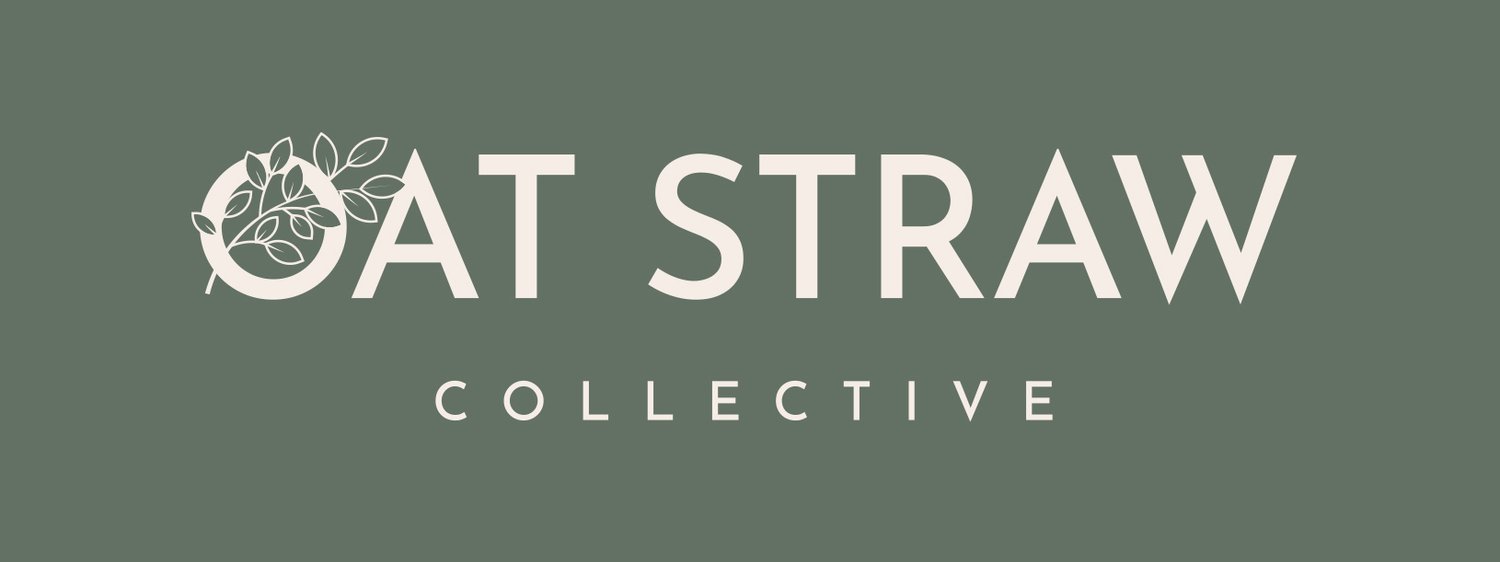Frequently Asked Questions
How many sessions will I need to attend?
This will depend on what brought you into counselling or coaching, your motivation level and your goals. Your therapist or coach will be better able to answer this after the first session. If your goal is to heal from trauma and process what may be unconsciously driving you, it will likely require more sessions than a goal to improve your communication skills. If you attend sessions weekly, which is what is recommended, you will gain traction and meet your goals much quicker than bi-weekly or monthly sessions. As therapy progresses, and goals are partially met, sessions decrease in frequency to bi-weekly.
What happens in the first session?
We will discuss your background information, the reasons you came in for counselling or coaching, and set some measurable goals together.
What is your cancellation policy for counselling sessions?
We ask for 48 hours’ notice of cancellations, otherwise the full fee will be charged.
Why is therapy and coaching so expensive and is it worth it?
A psychotherapist, similar to a lawyer, requires years of schooling (7+ years). All Registered Psychotherapists have masters-level education and some even have a PhD. Therapists and coaches that are at the forefront of their discipline, such as those here at Oat Straw Collective, invest substantial amounts of money and time for personal and professional development, in order to give their best to their clients. If you want a good therapist or coach that has taken the time to learn and is on the forefront of their discipline, then the fee you pay will reflect all the years of training and experience of the therapist or coach. The return on investment for therapy or coaching is often invaluable, as it leads to inner transformation that affects all aspects one’s life. The fees that are set at Oat Straw Collective call both the therapist/coach forward to do their best work, and call the client forward to what they are capable of. If you’re a client on the fence, remember you are your best investment, and you doing your work serves you and all those around you.
Do insurance companies cover session fees?
Nearly all insurance companies cover services provided by Registered Psychotherapists. Check with your provider. Services provided by coaches are not covered by insurance companies.
What’s the difference between therapy and coaching?
Therapy is a health care service, while coaching is not. If you struggle with your day-to-day functioning because of your mental and emotional state, then therapy is more suitable for you. Therapy can help identify and treat longstanding mental and emotional disorders. If you experience suicidal ideation, self-harm or addiction, or your symptoms of mental and emotional distress are intense, then therapy is the appropriate service. Therapy focuses on the past and present.
If you are functioning relatively well in your day-to-day life, but you struggle to meet your personal goals, then coaching may be suitable for you. Coaching is present and future-oriented. Trauma-informed coaching can help you to understand how your past is showing up in the present, build resilience and move forward in a solution-focused way. You will be empowered with tools to take control of your healing journey, gently resolve your trauma and enjoy your life again.
While there is overlap between therapy and coaching, as both are collaborative, goal-directed and can help move you out of survival mode and alleviate symptoms of stress, a coach helps you with your mindset and limiting beliefs, whereas a therapist treats mental illnesses and diagnoses. A therapist may begin with the “why” behind your problems, whereas a coach will focus on “how” to achieve a goal.
